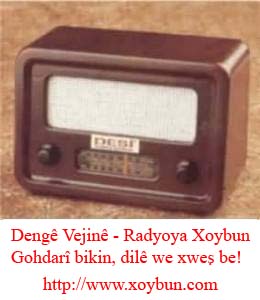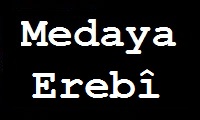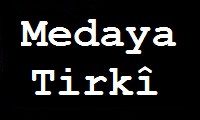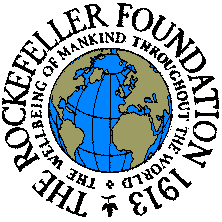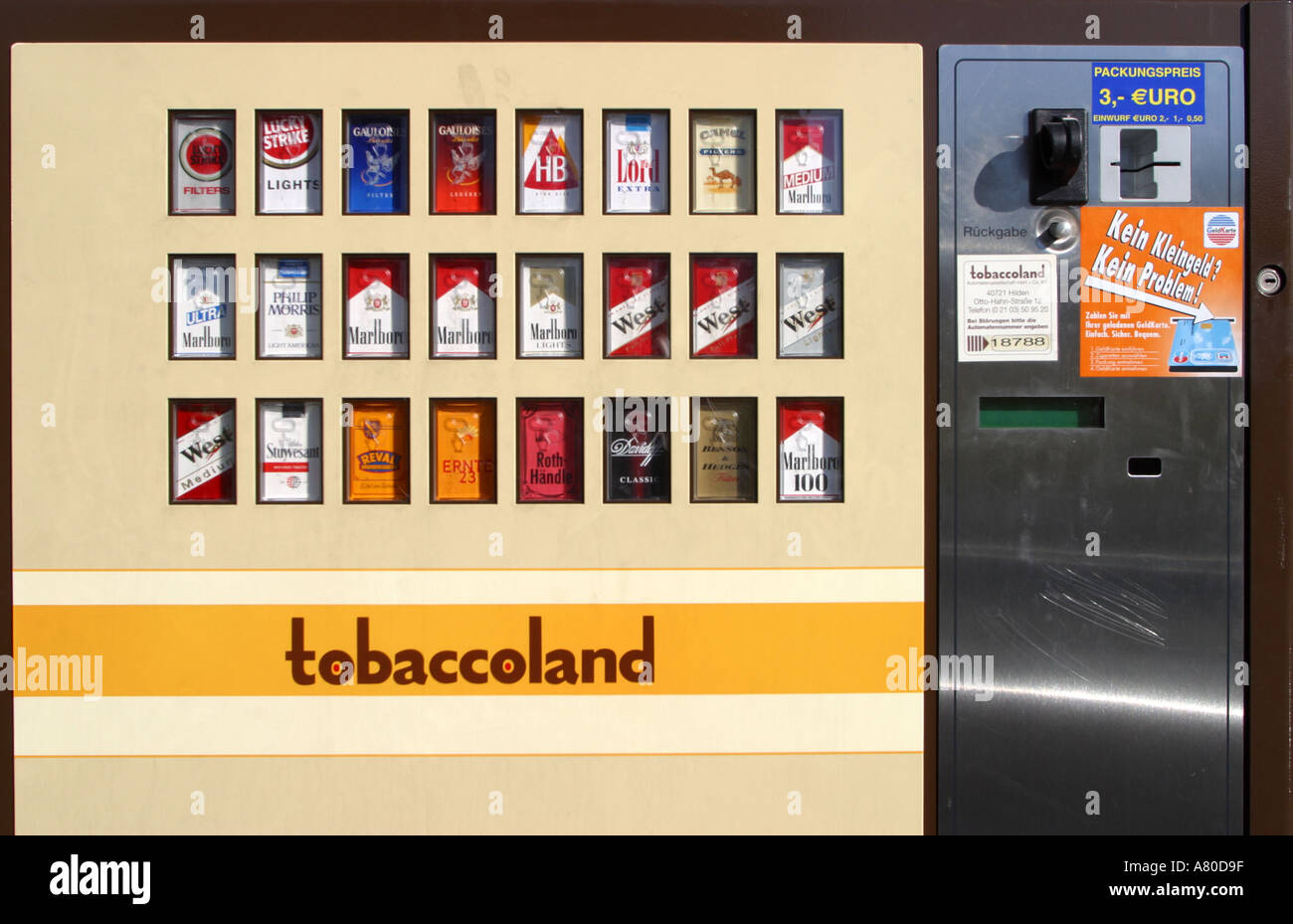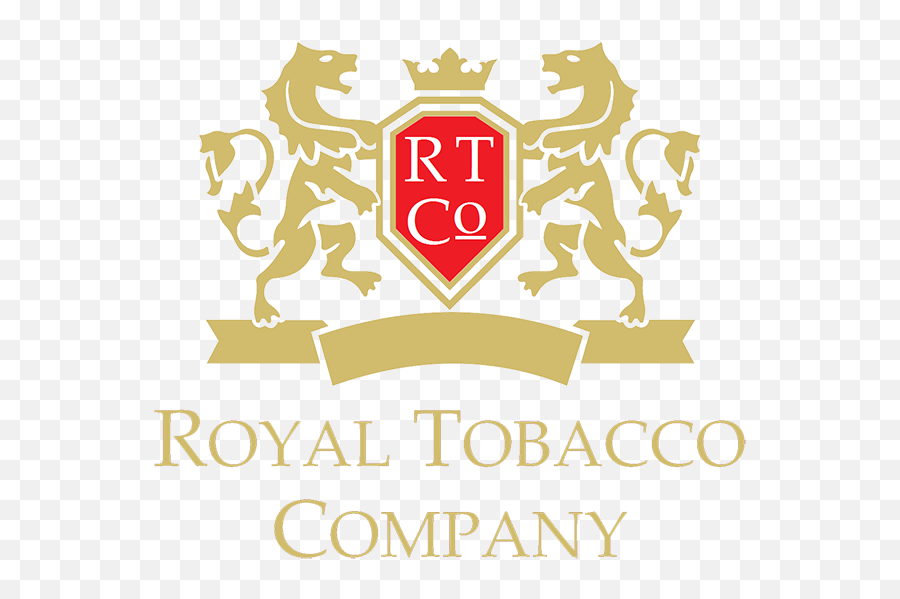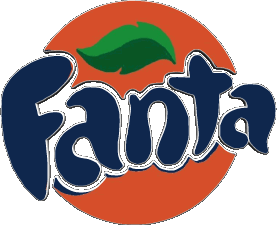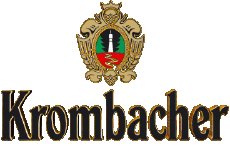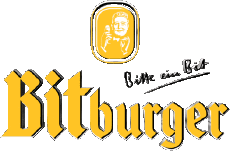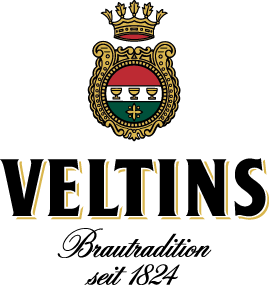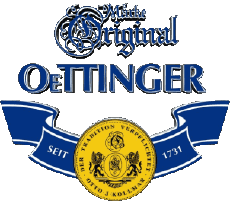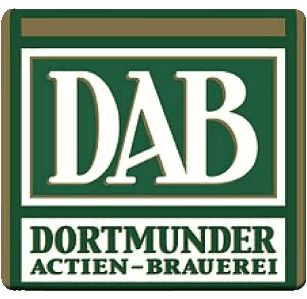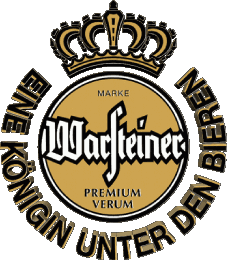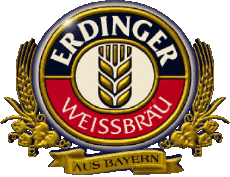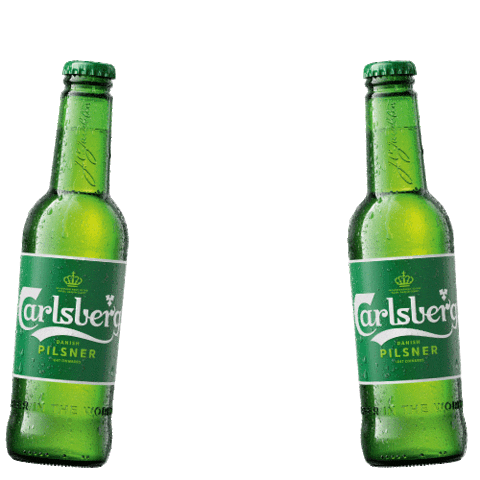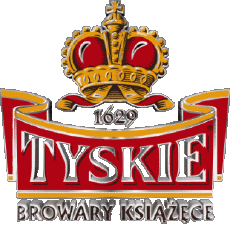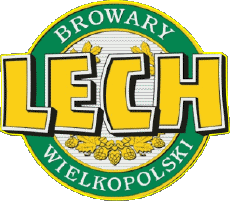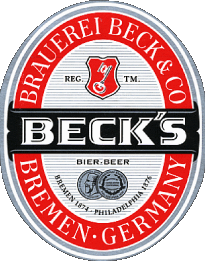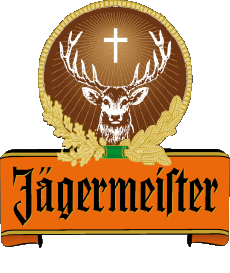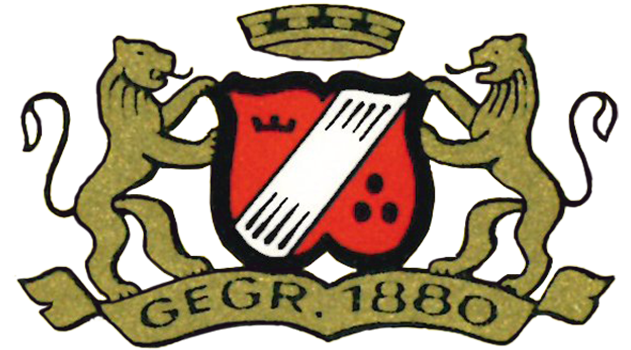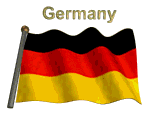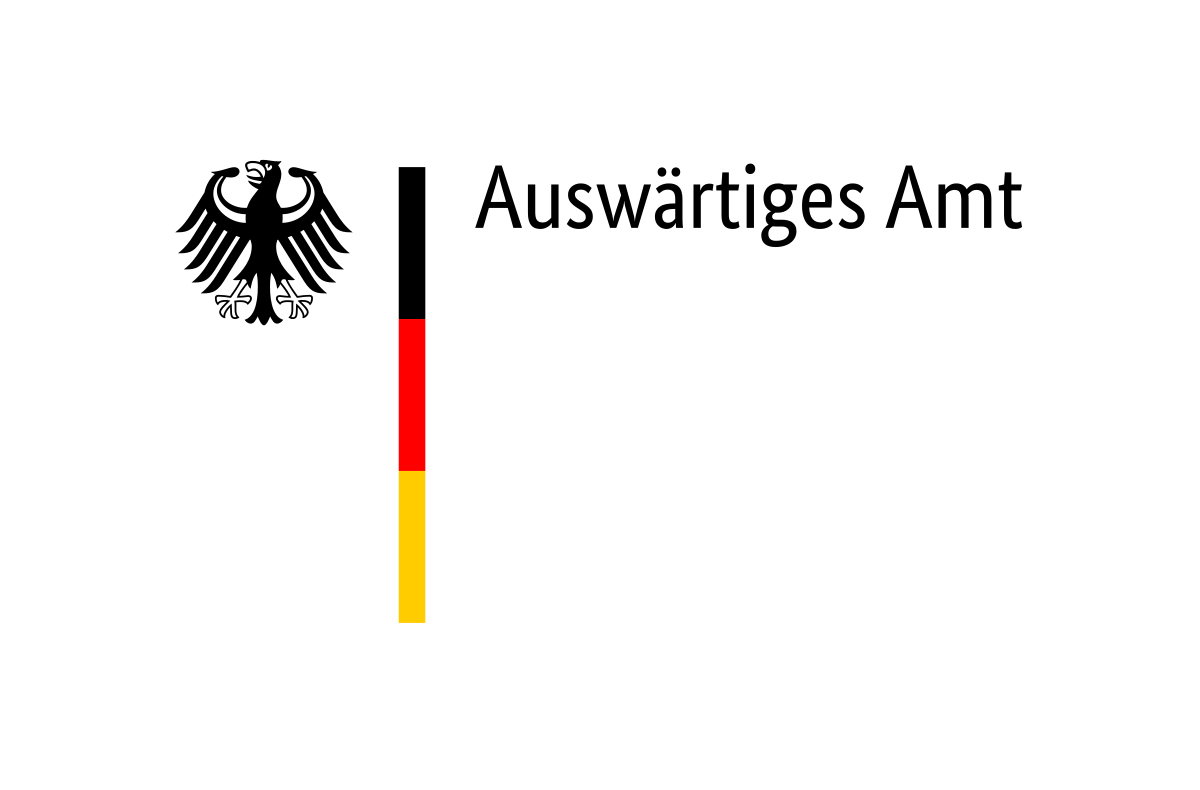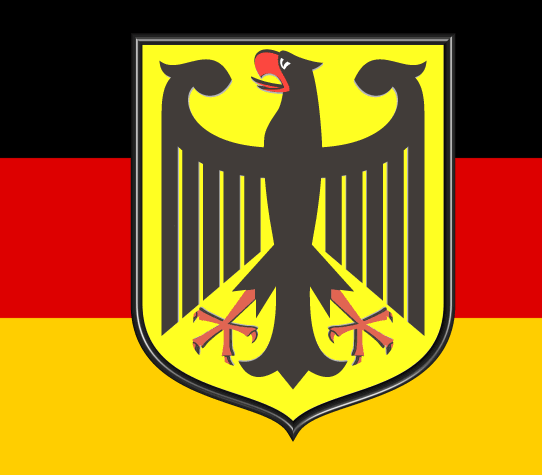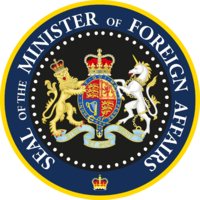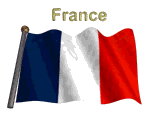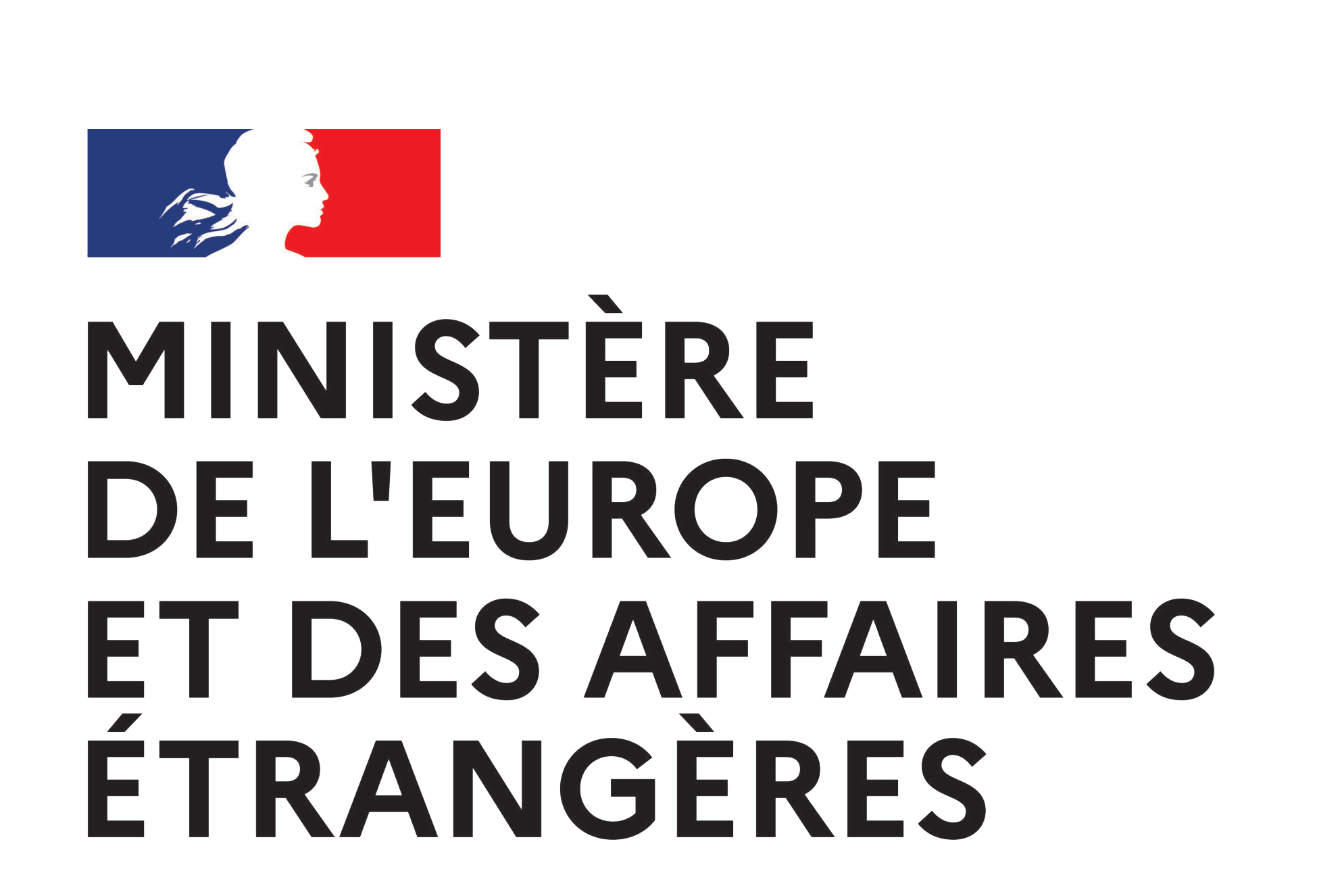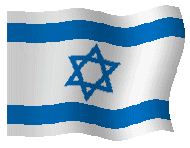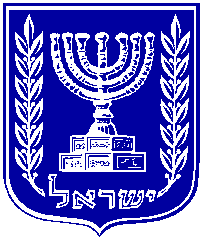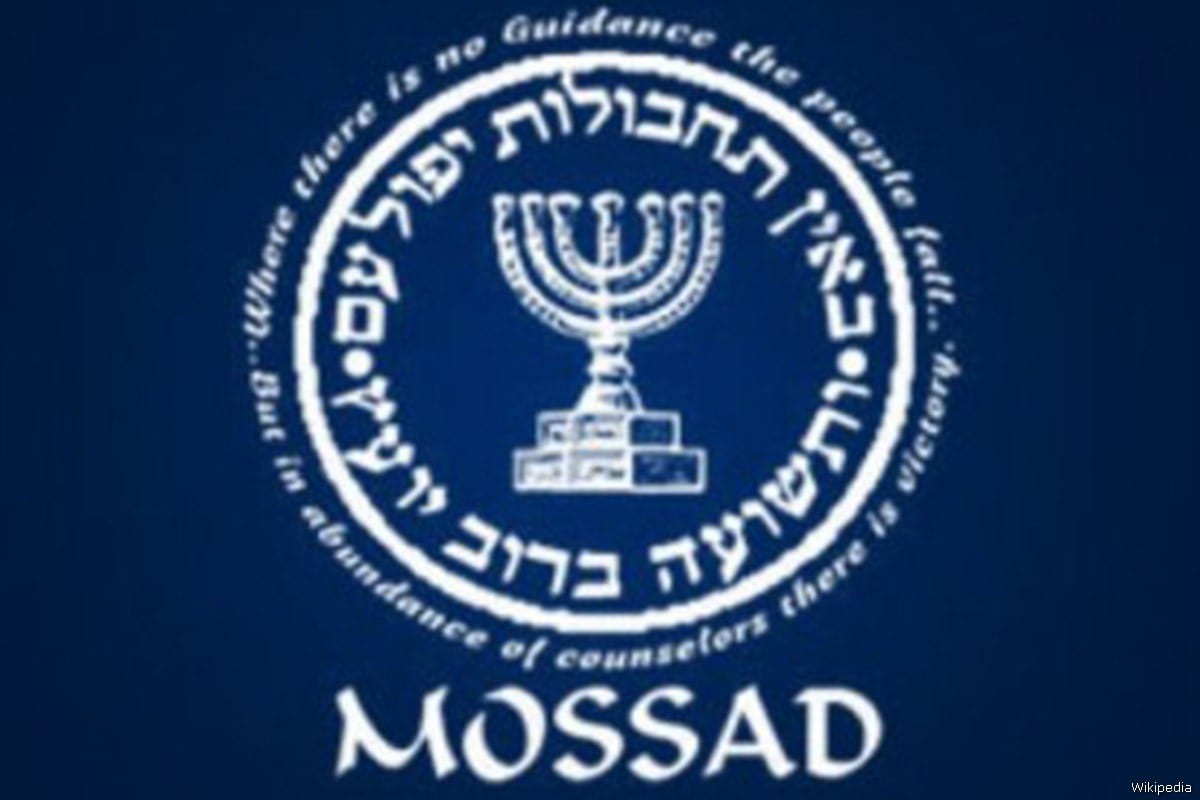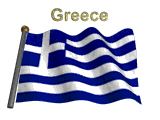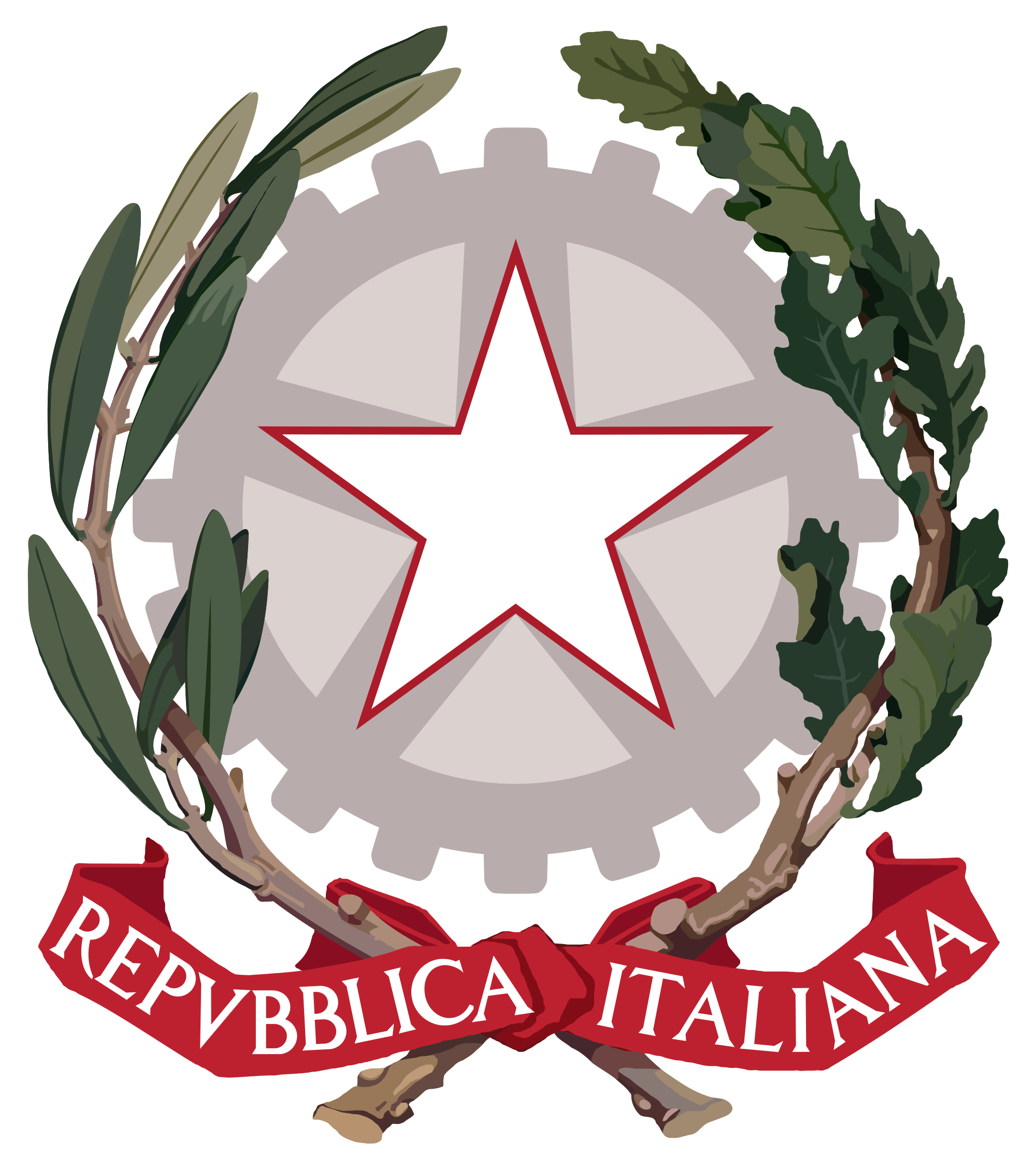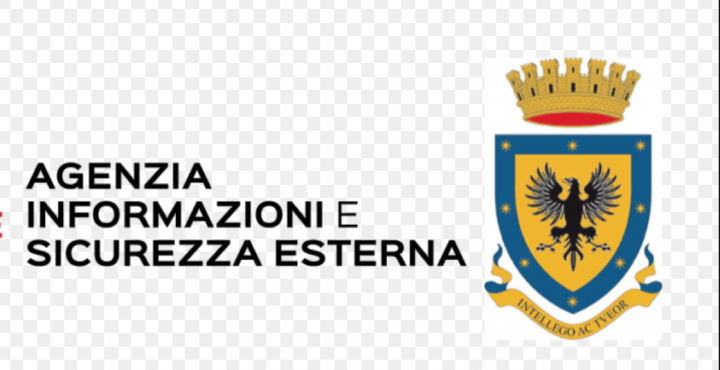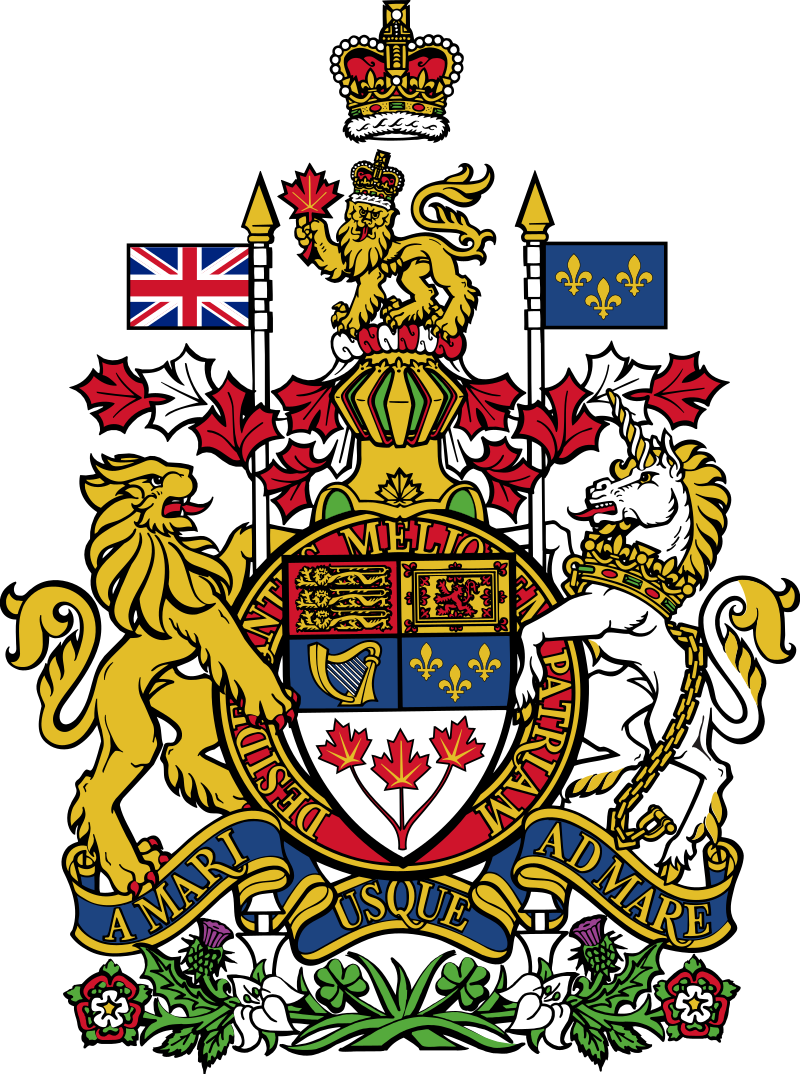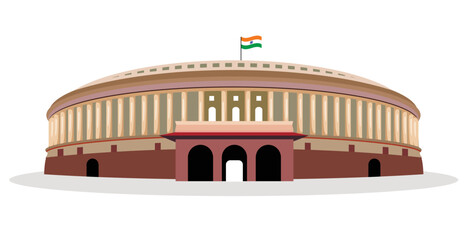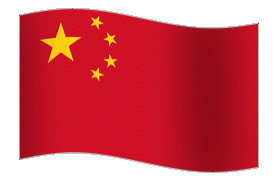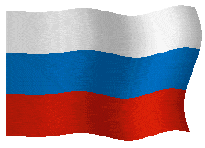AVRUPA KONVANSŻYONUNCA HAZIRLANAN AVRUPA BŻRLŻŠŻ ANAYASASI TASLAŠI (Ingilizce)
H@berci :
_______
CONV 369/02 1
EN
THE EUROPEAN CONVENTION
THE SECRETARIAT
Brussels, 28 October 2002
(OR. fr)
CONV 369/02
COVER NOTE
from Praesidium
to The Convention
Subject : Preliminary draft Constitutional Treaty
Attached is the preliminary draft Constitutional Treaty, drawn up by the Praesidium, which the
President will present at the Plenary session on 28 October 2002.
Preliminary draft
[The aim of this text is to illustrate the possible articulation of a treaty. The inclusion (or non
inclusion) in Part I of some articles, and the exact content of others, will depend on the
Convention's proceedings. Their treatment in this text is in no way intended to prejudge the
result of the Convention's debates.]
TREATY
ESTABLISHING A CONSTITUTION FOR EUROPE
A. TABLE OF CONTENTS
PREAMBLE
PART ONE: CONSTITUTIONAL STRUCTURE
Title I: Definition and objectives of the Union
Article 1: Creation of the [European Community, European Union, United States of
Europe, United Europe] 1
Article 2: Values
Article 3: Objectives
Article 4: Legal personality
Title II: Union citizenship and fundamental rights
Article 5: Citizenship of the Union
Article 6: Charter of Fundamental Rights
1 References to "Union" would be replaced throughout the text by "European Community",
"European Union", United States of Europe" or "United Europe", if it were decided to change
the Union's name.
Title III: Union competences and actions
Article 7: Fundamental principles: conferred competence, subsidiarity,
proportionality.
Article 8: Respect for fundamental principles: the limits of conferred competence.
Monitoring subsidiarity and proportionality. Primacy of Community
law. Evolution over time.
Article 9: Categories of competences: definition.
Article 10: Exclusive competences.
Article 11: Shared competences.
Article 12: Areas for supporting action.
Article 13: Common foreign and security policy; common defence policy; policy
police matters and crime.
Title IV: Union institutions
Article 14: The institutional structure common to actions conducted by the Union
and to those conducted jointly by the Member States within the Union
framework.
Article 15: European Council: composition, role, missions.
Article 15 bis Presidency of the European Council.
Article 16: European Parliament: composition, attributions.
Article 17: Council: composition, attributions.
Article 17 bis Presidency of the Council.
Article 18: Commission: composition; attributions (sole power of proposal).
Article 18 bis Presidency of the Commission.
Article 19: Congress of the Peoples of Europe.
Article 20: Court of Justice.
Article 21: Court of Auditors.
Article 22: European Central Bank.
Article 23: The Union's advisory bodies.
Title V: Implementation of Union action
Article 24: The instruments of the Union: e.g. European laws, framework laws,
European decisions (precise list to reflect the conclusions of Working
Group IX).
Article 25: Legislative procedures: adoption of laws and framework laws.
Article 26: Procedures for the adoption of decisions.
Article 27: Procedures for the adoption of implementing measures.
Article 28: Procedures for implementing supporting actions (including programmes),
and monitoring them.
Article 29: Common foreign and security policy.
Article 30: Common defence policy.
Article 31: Policy on police matters and crime.
Article 32: Enhanced cooperation.
Title VI: The democratic life of the Union
Article 33: The principle of democratic equality among Union citizens.
Article 34: The principle of participatory democracy.
Article 35: Uniform electoral law for European Parliament elections.
Article 36: Transparency of the Union's legislative debates.
Article 37: Voting rules in Union institutions. Implementation of the possibility
"constructive abstention", and its consequences.
Title VII: Union finances
Article 38: The Union's resources.
Article 39: The principle of budgetary balance.
Article 40: The Union's budgetary procedure.
Title VIII: Union action in the world
Article 41: The external representation of the Union.
Title IX: The Union and its immediate environment
Article 42: Privileged relations between the Union and neighbouring States.
Title X: Union Membership
Article 43: A Union open to all the European States which strictly respect its values and
fundamental rights and accept its rules of operation.
Article 44: Procedure for accession to the Union.
Article 45: Suspension of Union membership rights.
Article 46: Withdrawal from the Union.
PART TWO: UNION POLICIES AND THEIR IMPLEMENTATION
This part would contain the legal bases. For each area it should specify the type of competence
(Title III) and the acts and procedures (Title V) to be applied, in line with what is decided for
Part I. Technical amendments will be necessary to ensure that Part II correctly matches Part I.
A. POLICIES AND INTERNAL ACTION
A1. INTERNAL MARKET
I. Free movement of persons and services
1. Workers;
2. Freedom of establishment;
3. Freedom to provide services;
4. Visas, asylum and immigration and other policies related to the movement
of persons.
II. Free movement of goods
1. Customs union;
2. Prohibition of quantitative restrictions.
III. Capital and payments
IV. Harmonisation of legislation.
A2. ECONOMIC AND MONETARY POLICY
A3. POLICIES IN OTHER SPECIFIC AREAS
I. Competition rules
II. Social policy
III. Economic and social cohesion
IV. Agriculture and fisheries
V. Environment
VI. Consumer protection
VII. Transport
VII. Trans-European networks
IX. R and D.
A4. INTERNAL SECURITY
Policy on police matters, and against crime
A5. AREAS WHERE THE UNION MAY TAKE SUPPORTING ACTION
I. Employment
II. Public health
III. Industry
IV. Culture
V. Education, professional training, youth
B. EXTERNAL ACTION
I. Commercial policy
II. Development cooperation
III. External aspects of policies covered in Chapters A1 to A4
IV. Common foreign and security policy
1. Foreign policy
2. Crisis management
V. The conclusion of international agreements
C. DEFENCE
D. THE FUNCTIONING OF THE UNION
Institutional and procedural provisions; budgetary provisions. 1
PART THREE: GENERAL AND FINAL PROVISIONS
Last Title: Repeal of previous treaties. Legal continuity in relation to the European Community
and the European Union.
Territorial application
Protocols
Revision procedures
Adoption, ratification, and entry into force
Duration
Languages.
( 1 The extent of the institutional and procedural provisions in this (2nd) Part will depend on the
degree of detail in Part 1. One could also envisage that such provisions in this Part would
deal only with inter-institutional procedures: provisions concerning arrangements internal to
the institutions could be set out in Protocols.)
B. SUMMARY DESCRIPTION
PART ONE: CONSTITUTIONAL STRUCTURE
PREAMBLE
TITLE I: DEFINITION AND OBJECTIVES OF THE UNION
Article 1
- Decision to establish [an entity called the European Community, European Union, United
States of Europe, United Europe].
- A Union of European States which, while retaining their national identities, closely coordinate
their policies at the European level, and administer certain common competences on a federal
basis.
- Recognition of the diversity of the Union.
- A Union open to all European States which share the same values and commit themselves to
promote them jointly.
Article 2
This article sets out the values of the Union: human dignity, fundamental rights, democracy, the rule
of law, tolerance, respect for obligations and for international law.
Article 3
Objectives of the Union
This article establishes the general objectives, such as:
- protection of the common values, interests and independence of the Union
- promotion of economic and social cohesion
- strengthening of the internal market, and of economic and monetary union
- promotion of a high level of employment and a high degree of social protection
- a high level of environmental protection
- encouragement for technological and scientific progress
- creation of an area of liberty, security and justice
- development of a common foreign and security policy, and a common defence policy, to
defend and promote the Union's values in the wider world.
These objectives shall be pursued by appropriate means, depending on whether competences are
allocated wholly or partly to the Union, or exercised jointly by the Member States.
Article 4
Explicit recognition of the legal personality of the [European Community/Union, United States
Europe, United Europe]
TITLE II: UNION CITIZENSHIP AND FUNDAMENTAL RIGHTS
Article 5
This article establishes and defines Union citizenship: every citizen of a Member State is a citizen
of the Union; enjoys dual citizenship, national citizenship and European citizenship; and is free
use either, as he or she chooses; with the rights and duties attaching to each.
The article sets out the rights attaching to European citizenship (movement, residence, the right
vote and to stand as a candidate in municipal elections and elections to the European Parliament,
diplomatic protection in third countries, right of petition, right to write to, and obtain a reply from,
the European institutions in one's own language).
The article establishes the principle that there shall be no discrimination between citizens of the
Union on grounds of nationality.
Article 6
The wording of this article will depend on the proceedings of the Working Group on the Charter.
It could be modelled on Article 6 of the Treaty on European Union.
It could:
- either refer to the Charter;
- or state the principle that the Charter is an integral part of the Constitution, with the articles
the Charter being set out in another part of the Treaty or in an annexed protocol;
- or incorporate all the articles of the Charter.
TITLE III: UNION COMPETENCE AND ACTIONS
Article 7
This article sets out the principles of Union action, which must be carried out in accordance with
provisions of the treaty, within the limits of the competences conferred by the treaty, and in
compliance with the principles of subsidiarity and proportionality.
Article 8
This article establishes the principle that any competence not conferred on the Union by the
Constitution rests with the Member States.
It establishes the primacy of Union law in the exercise of the competences conferred on the Union.
It would set out the rules for effective monitoring of subsidiarity and proportionality. The role of
National Parliaments in this respect would be mentioned.
It determines the rules governing the adaptability of the system (Article 308).
It sets out the obligation of loyal cooperation of Member States vis-ą-vis the Union, and the
principle that the acts of the Institutions are implemented by the Member States.
Article 9
This article lists the categories of Union competence.
Article 10
This article indicates the areas of exclusive Union competence.
Article 11
This article indicates the areas of competence shared between the Union and the Member States.
establishes the principle that, as and when the Union takes action in these areas, the Member States
may act only within the limits defined by the Union legislation.
Article 12
This provision indicates the areas in which the Union supports or coordinates action by the Member
States, but does not have competence to legislate.
Article 13
In certain areas the Member States may define and pursue common policies, within the Union
framework and according to specific rules. This article indicates these areas.
TITLE IV: UNION INSTITUTIONS
Article 14
This article:
– establishes that the Union has a single institutional structure;
– stipulates that this structure shall ensure the consistency and continuity of the policies and
activities carried out in order to attain the Union's objectives – activities both in the areas of
competence allocated wholly or partly to the Union and in those areas in which competence
belongs to the Member States and is jointly exercised by them;
– lists the institutions of the Union;
– establishes the principle whereby each institution acts within the limits of the powers
conferred upon it by this treaty, in accordance with the procedures and under the conditions
and for the purposes laid down in this treaty in each area;
– enjoins the Institutions to provide and promote open, effective and unostentatious
administration;
– establishes the principle of loyal cooperation in relations between the institutions.
Article 15
This article defines the European Council, its composition and its tasks.
Article 15 bis
When the Convention has discussed it, this article could establish the term of office and
appointment procedure for the Presidency of the European Council, its role and responsibilities.
Article 16
This article establishes the composition of the European Parliament, the members of which are
elected by direct universal suffrage.
It lists the powers of the European Parliament, and provides for the possibility of the European
Parliament introducing a motion of censure on the activities of the Commission, and the procedure
and consequences of such a motion.
Article 17
This article lists the composition and the duties of the Council, and would refer to the Council's
formations.
Article 17 bis
This provision establishes the rule governing the appointment of the Presidency of the Council, its
role, responsibilities, and term of office.
Article 18
This article would contain the provisions governing the composition and duties of the Commission
(including monopoly of initiative). According to the future deliberations of the Convention, it
would envisage the Commission either as a small college or as a larger body, and would set out its
decision-making rules.
Article 18 bis
This article would establish the role and appointment procedure for the Presidency of the
Commission.
Article 19
This article would raise the possibility of establishing a Congress of the Peoples of Europe,
determine its composition and the procedure for appointing its members, and define its powers. (It
would be drafted in the light of the Convention's work.)
Article 20
This article sets out the composition and powers of the Court of Justice, and the Court of First
Instance, and the principal grounds for bringing action in the Court.
Article 21
This provision sets out the composition and powers of the Court of Auditors, and its mandate.
Article 22
This article would define the composition and tasks of the European Central Bank, as well as the
composition of its Governing Council and Executive Board.
Article 23
This provision should establish that the European Parliament, the Council and the Commission will
be assisted by an Economic and Social Committee and a Committee of the Regions, organs acting
in an advisory capacity.
TITLE V : IMPLEMENTATION OF UNION ACTION
Article 24
This article lists the different instruments available to the Union's institutions for the exercise of
their competences.
Article 25
Clear description of the legislative procedures of the Union: procedures for the adoption of laws and
framework laws, etc.
Article 26
Clear description of the procedures for the adoption of decisions, etc.
Article 27
Description of implementing procedures in respect of the instruments listed at Article 24, and how
their operation is to be monitored.
Article 28
This article should define the procedures for the implementation of supporting actions (including
programmes) and the arrangements for monitoring them.
Article 29
This article would set out implementing procedures in the sphere of common foreign and security
policy.
Article 30
This article would set out implementing procedures in the sphere of common defence policy.
Article 31
This article would set out implementing procedures for policies on police matters and against crime.
Article 32
This provision should establish:
- the conditions for undertaking enhanced cooperation within the framework of the Treaty;
- if necessary, areas of the Treaty excluded from enhanced coooperation;
- the principle of applying the relevant provisions of the Treaty in adopting the acts necessary
for implementing enhanced cooperation;
- the obligations of states participating in enhanced cooperation, and of those not so
participating.
TITLE VI : THE DEMOCRATIC LIFE OF THE UNION
Article 33
This article establishes the principle that all Union citizens are equal vis-ą-vis its institutions.
Article 34
This article sets out the principle of participatory democracy. The Institutions are to ensure a high
level of openness, permitting citizens' organisations of all kinds to play a full part in the Union's
affairs.
Article 35
This provision would refer to a protocol containing provisions for elections to the European
Parliament by a uniform procedure in all Member States.
Article 36
This provision establishes the rule that the legislative debates of the European Parliament and of the
Council in its legislative form shall be public.
Article 37
This provision would establish the voting rules of the Union's institutions, including the definition
of qualified majorities, and the implementation of the possibility of "constructive abstention" and its
consequences.
TITLE VII: THE FINANCES OF THE UNION
Article 38
This provision states that the Union budget is fully financed by own resources and sets out the
procedure for establishing the system of own resources.
Article 39
This provision should contain the principle that the budget should be in balance, as well as
provisions concerning budgetary discipline.
Article 40
This article should:
- specify that all Union revenue and expenditure should be the subject of forecasts for each
financial year and should be entered in the budget;
- describe the procedure for adopting the budget.
-
TITLE VIII: UNION ACTION IN THE WORLD
Article 41
This provision should set out who represents the Union in international relations, taking account of
competences already exercised by the Community.
In the light of the Convention's future work, it would define the role and future rank of the High
Representative for Common Foreign and Security Policy.
TITLE IX: THE UNION AND ITS IMMEDIATE ENVIRONMENT
Article 42
This article could contain provisions defining a privileged relationship between the Union and its
neighbouring States, in the event of a decision on the creation of such a relationship.
TITLE X: UNION MEMBERSHIP
Article 43
This article establishes the principle that the Union is open to all European States which share its
values and wish to pursue them jointly, which strictly respect fundamental rights, and which accept
the Union's rules of operation.
Article 44
This article establishes the procedure for accession of new member states to the European Union.
Article 45
This article establishes the procedure for suspension of Union membership rights if a Member State
violates the principles and values of the Union.
Article 46
This article would mention the possibility of establishing a procedure for voluntary withdrawal
from the Union by decision of a Member State, and the institutional consequences of such
withdrawal.
PART TWO: UNION POLICIES AND THEIR IMPLEMENTATION
This part would contain the legal bases. For each area it should specify the type of competence
(Title III) and the acts and procedures (Title V) to be applied, in line with what is decided for
Part I. Technical amendments will be necessary to ensure that Part II correctly matches Part I
PART THREE: GENERAL AND FINAL PROVISIONS
Final Title: Article x
Repeal of previous treaties. Legal continuity in relation to the European Community
and the European Union.
Article x + 1
Territorial application.
Article x + 2
Protocols: the protocols annexed to the treaty form an integral part of it.
Article x + 3
Procedure for revision of the constitutional treaty.
Article x + 4
Adoption, ratification, and entry into force of the constitutional treaty.
Article x + 5
Duration: the treaty is concluded for an unlimited period.
Article x + 6
Languages: in which the Treaty is drawn up and which are authentic.
Mafź Kopīkirin &kopībike; PDK-XOYBUN; wiha, di xizmeta, Kurd ū Kurdistanź daye : Pirojeya Kurdistana Mezin, Pirojeyźn Aborī ū Avakirin, Pirojeyźn Cand ū Huner, Lźkolīna Dīroka Kurdistanź, Perwerdeya Zimanź Kurdī, Perwerdeya Zanīn ū Sīyasī, Wežana Malper ū TV yźn Kurdistane. Tev maf parastī ne. Wežandin:: 2004-04-05 (3076 car hat xwendin) [ Vegere ] | PRINTER |







 Ev malper, herī bash, bi Avant Browser, tź xuyakirin...
Ev malper, herī bash, bi Avant Browser, tź xuyakirin...
 Diese WebSeite wird am besten mit dem Avant Browser betrachtet...
Diese WebSeite wird am besten mit dem Avant Browser betrachtet...
 This site is best viewed with Avant Browser...
This site is best viewed with Avant Browser...

![]()
![]() Download !!!
Download !!! ![]()
![]()

 This site is best viewed with Avant Browser...
This site is best viewed with Avant Browser...
 Diese WebSeite wird am besten mit dem Avant Browser betrachtet...
Diese WebSeite wird am besten mit dem Avant Browser betrachtet...
 Ev malper, herī bash, bi Avant Browser, tź xuyakirin...
Ev malper, herī bash, bi Avant Browser, tź xuyakirin...




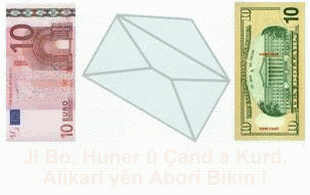


 Tesla
Tesla 
 Tesla
Tesla 
 Tesla
Tesla 


 Tabacco
Tabacco 
 Tabacco
Tabacco 


